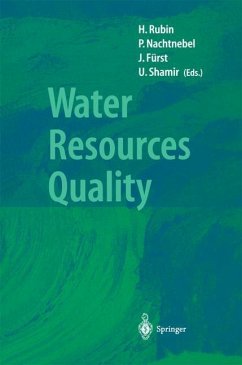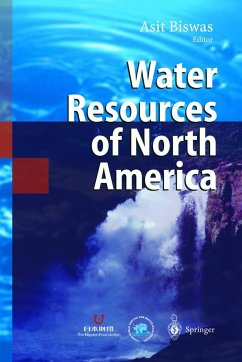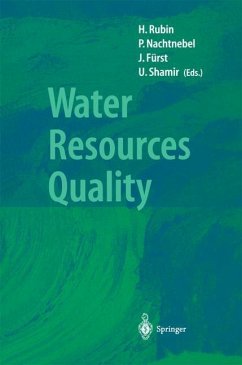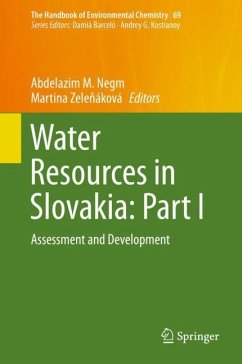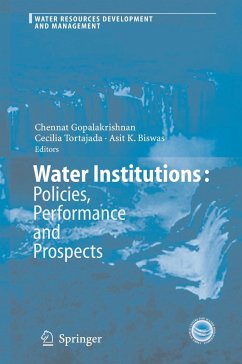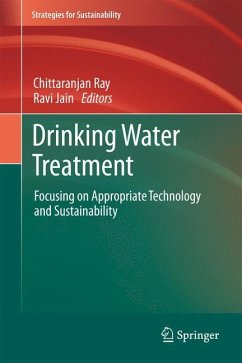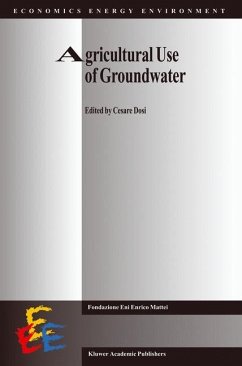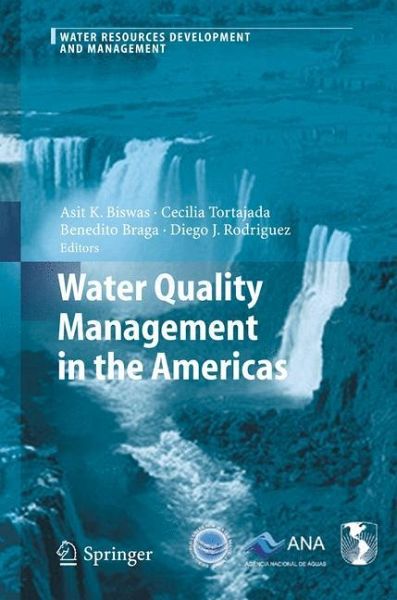
Water Quality Management in the Americas

PAYBACK Punkte
38 °P sammeln!
This study presents for the first time an independent and authoritative analysis of water quality management in North and South America, and discusses the practices and future implications of the impacts of the current practices in the different countries of the hemisphere. Includes in-depth case studies analyzing water quality management practices at country and state levels, especially in terms of their effectiveness and overall impact.
Considerable attention has been given during the past few years to the water crisis that many regions of the world may face in the coming decades. While the mag- tude and the extent of the global water scarcity problems of the future should not be underestimated, a serious analysis of the current trends indicate that the main water crisis in the coming years is most likely to stem primarily from water quality deterioration and lack of investment funds, rather than from physical water scar- ties per se, as is widely expected at present. In spite of the seriousness of continuing water quality deterioration in most countries of the world, water quality management continues to be a somewhat - glected issue in the international water community. Even the magnitudes and - tents of the water quality problems are not reliably known in many developed countries and in nearly all developing ones. Accordingly, in order to assess the current situation in water quality management in the Americas, and to discuss the alternatives available to improve the existing and future water quality conditions in a cost-effective and timely manner, the Third World Centre for Water M- agement in Mexico, the National Water Agency in Brazil (Agência Nacional de Águas), and the Inter-American Development Bank organised a workshop on "Water Quality Management for the Americas," in Fortaleza, Brazil, 12-13 April 2004.




